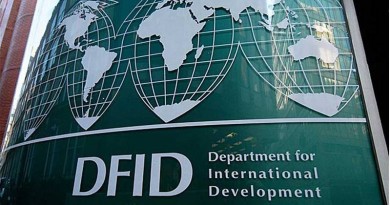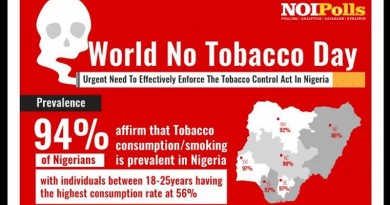Ghana takes bold step against LGBT+, Criminalizes anyone identifying as LGBTQ+
Ghana’s parliament has recently approved a stringent new legislation that introduces severe penalties for individuals who identify as LGBTQ+. Those convicted of such identification could face imprisonment for a maximum of three years. Additionally, the bill imposes a five-year jail term for those involved in the formation or funding of LGBTQ+ groups.
Efforts to replace prison sentences with community service and counseling were met with opposition from lawmakers. This development reflects the increasing resistance towards LGBTQ+ rights in Ghana, a conservative nation in West Africa. The bill, supported by Ghana’s major political parties, will only become law if President Nana Akufo-Addo signs it.
Previously, the President stated that he would do so if the majority of Ghanaians expressed their support. It is important to note that engaging in homosexual activities is already illegal in Ghana and carries a three-year prison sentence. Amnesty International has expressed concerns about the bill, highlighting the significant threats it poses to the fundamental rights and freedoms of LGBTQ+ individuals.
Activists fear that this legislation will lead to witch-hunts against LGBTQ+ community members and those advocating for their rights, forcing some individuals to go into hiding. The head of the UN body addressing AIDS, Winnie Byanyima, echoed these concerns, emphasizing that the bill could exacerbate fear, incite violence, and impede free speech, freedom of movement, and freedom of association.
Byanyima also warned that the legislation could hinder access to life-saving services and jeopardize Ghana’s development progress. Notably, the bill proposes a maximum jail term of ten years for individuals involved in LGBTQ+ advocacy campaigns targeting children. Furthermore, it encourages the public to report LGBTQ+ community members to authorities for “necessary action.”
MPs stated that the legislation was created as a response to the establishment of Ghana’s inaugural LGBTQ+ community center in Accra, the capital, in January 2021.Following public demonstrations and pressure from religious organizations and traditional leaders in the predominantly Christian country, the center was forcibly closed by the police.
The Christian Council of Ghana and the Ghana Pentecostal and Charismatic Council jointly expressed their opposition to LGBTQ+ identities in a statement, asserting that such identities were incompatible with Ghanaian culture and family values, and therefore unacceptable to the nation’s citizens.
The bill, which has been approved by lawmakers, is a revised version of an earlier draft. Notably, it includes reduced prison sentences and the removal of a contentious clause pertaining to conversion therapy.During the extensive debate, Alexander Afenyo-Markin, the deputy parliamentary leader of the ruling party, proposed additional amendments.
He suggested that lawmakers should vote anonymously to determine whether individuals convicted of being part of the LGBTQ+ community should be incarcerated or instead be subjected to community service and counseling.However, his proposal was met with opposition from lawmakers who advocated for prison sentences.




